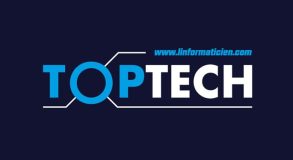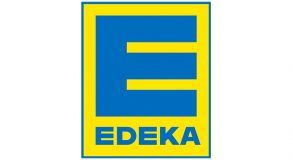What is internet governance? Afnic is an active player in the internet governance ecosystem at the global level, and contributes to setting the rules and standards of the future.
As the registry of the French ccTLD, recognised the world over for its mission and expertise, Afnic is involved in global Internet governance. This commitment enables it to share in the developments and innovations of the internet:
– by playing a role in coordinating and representing the various French stakeholders within international bodies;
– and by contributing to the introduction of new standards and services.
This active participation is also an opportunity to showcase the dynamism of the French internet – by promoting an approach in which the search for the general interest takes precedence, and in which the internet is a common good for all.
Active participation in international coordination
Within ICANN (Internet Corporation for Assigned Names and Numbers), which has administered the internet worldwide since 1998, Afnic is a long-standing member of the ccNSO (Country Code Names Supporting Organisation), a consultative assembly of ICANN comprising registries of national top-level domains (ccTLDs) such as .fr.
Afnic also takes part every year in the IGF (Internet Governance Forum) – IGF France, and the World IGF, which was held in Paris in 2018, with Afnic heading the organising committee.
And we act with a clear objective in all our dealings: to bring about a secure and stable internet, open to innovation and in which the French community plays a leading role.
Setting rules and standards
Afnic is not just a ‘consumer of standards’ but an active contributor to the development of future standards, through various SDOs (Standards Developing Organisations), prominent among which are the IETF (Internet Engineering Task Force) and the W3C (World Wide Web Consortium).
In general terms, we favour open organisations, in which the standards produced are available free of charge on the internet and can be freely applied by all (free software, for example).





